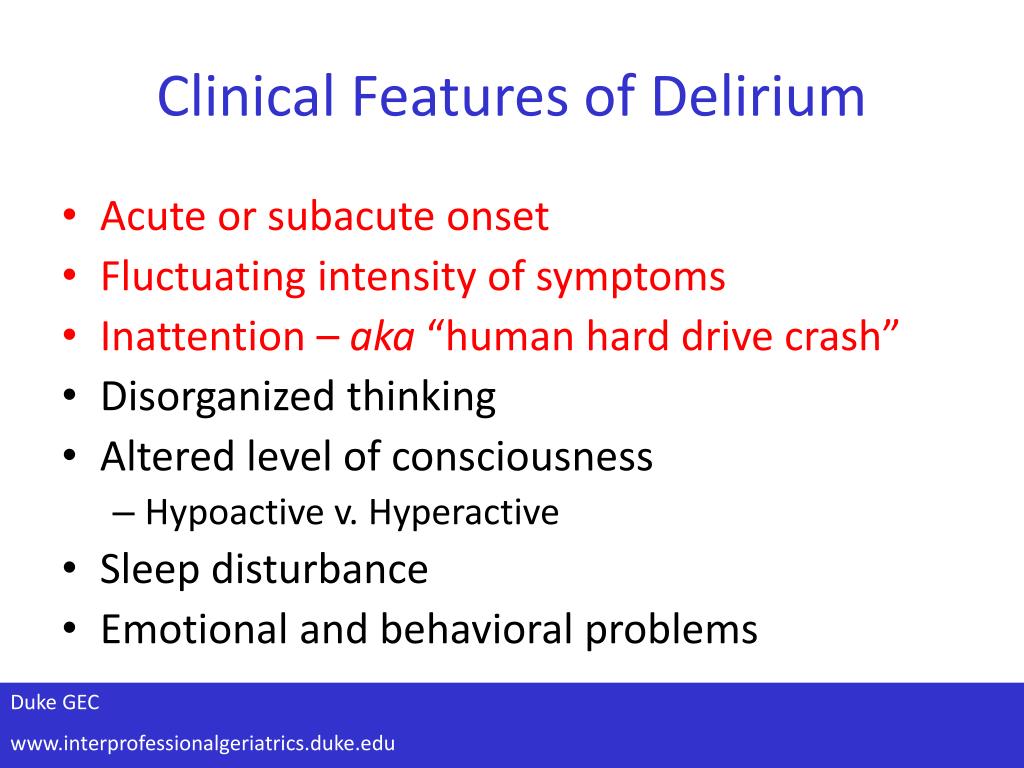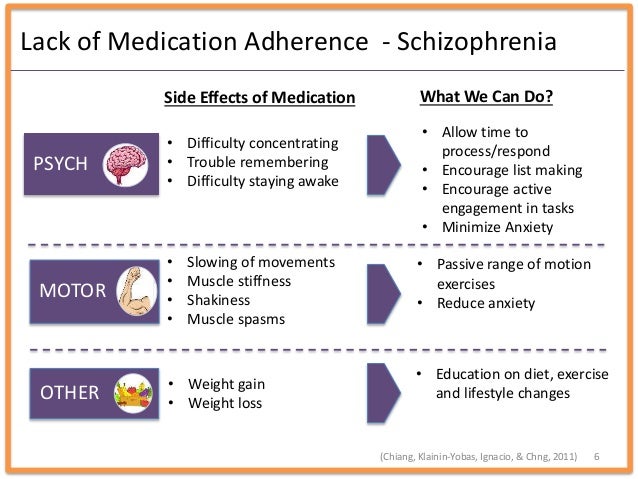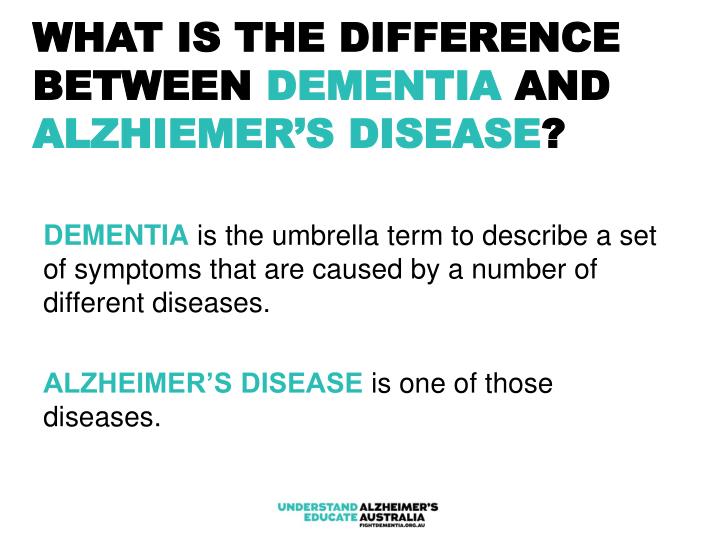

Typical memory function involves many parts of the brain. If someone you know has symptoms of amnesia, help the person get medical attention. People with amnesia may not know where they are or be able to seek medical care. False memories that are either completely invented or are real memories misplaced in time.Īnyone who experiences unexplained memory loss, head injury or confusion requires immediate medical attention.Additional symptomsĭepending on the cause of the amnesia, other symptoms may include: This disorder involves memory and other cognitive problems that aren't as severe as those experienced in dementia. Memory loss also is a common symptom of mild cognitive impairment.

These problems include having trouble with language, judgment and visual-spatial skills. Dementia often includes memory loss but also involves other problems with thinking that lead to a decline in daily functioning. They may understand they have a memory disorder.Īmnesia isn't the same as dementia. People with amnesia usually can understand written and spoken words and can learn skills such as bike riding or piano playing. It also doesn't affect judgment, personality or identity. Isolated memory loss doesn't affect a person's intelligence, general knowledge, awareness or attention span. But they may not be able to name the current president, know the month or remember what they ate for breakfast. More-remote or deeply ingrained memories may be spared.įor example, people may recall experiences from childhood or know the names of past presidents. Recent memories are most likely to be lost. Most people with amnesia have problems with short-term memory, so they can't retain new information.


Movies and television tend to depict amnesia as forgetting your identity, but that's not generally the case in real life. What is mild cognitive impairment?.Amnesia refers to the loss of memories, including facts, information and experiences. Efficacy and safety of donepezil for mild cognitive impairment: a systematic review and meta-analysis. Brain imaging of mild cognitive impairment and Alzheimer's disease. Practice effects in mild cognitive impairment increase reversion rates and delay detection of new impairments. Sanderson-Cimino M, Elman JA, Tu XM, et al. Cardiovascular risk factors, cognitive dysfunction, and mild cognitive impairment. Vintimilla R, Balasubramanian K, Hall J, Johnson L, O'Bryant S. The diagnosis and management of mild cognitive impairment: a clinical review. New criteria for Alzheimer disease and mild cognitive impairment: implications for the practicing clinician. Mild cognitive impairment.īudson AE, Solomon PR. Spotting The Signs of Mild Cognitive Impairment.Īlzheimer's Association.


 0 kommentar(er)
0 kommentar(er)
